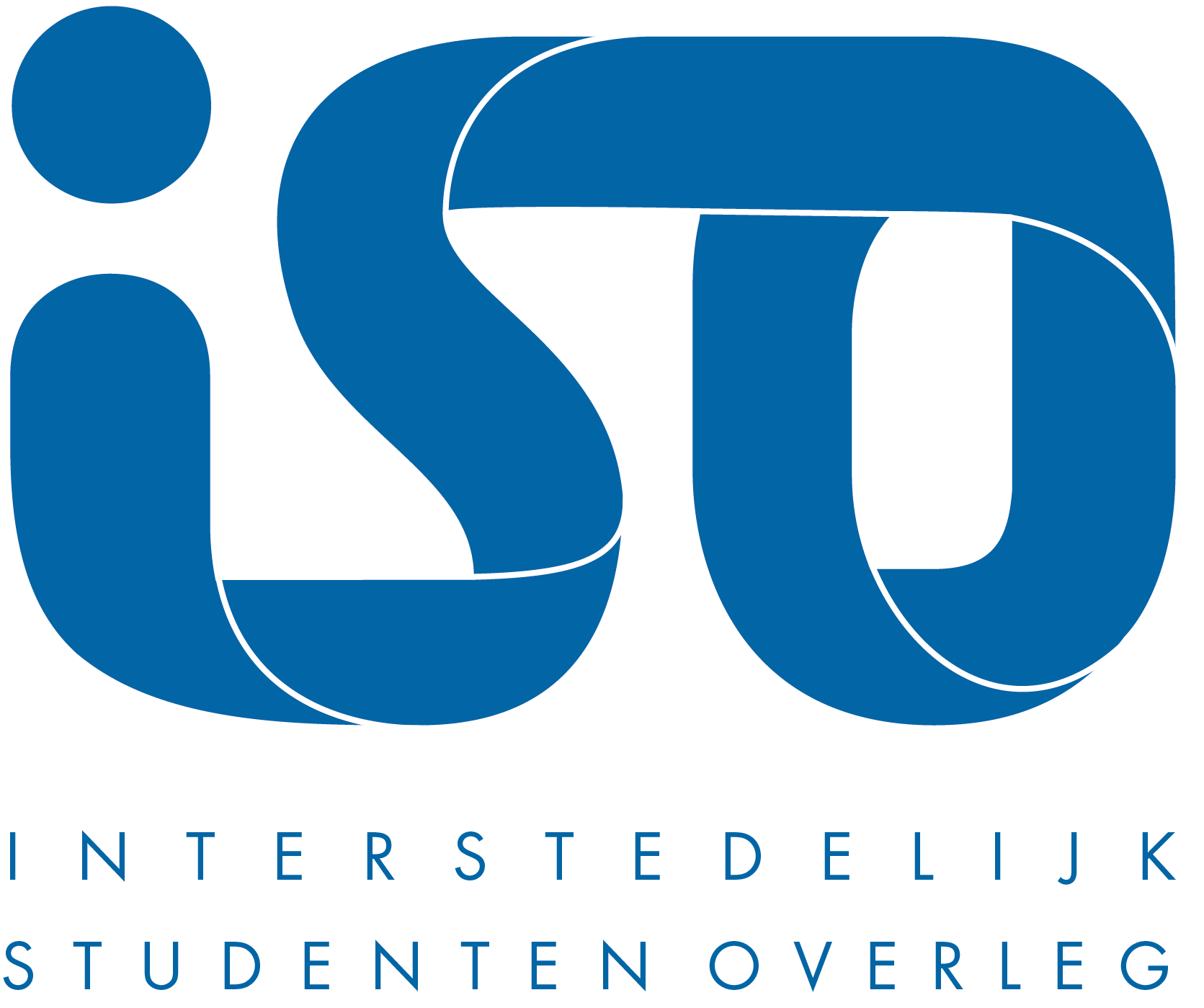Viewpoints:
Internationalisation
General
Internationalisation in higher education covers several topics. First of all, it concerns the internationalisation of study programmes in the Netherlands. The supply of international programmes is increasing and more and more institutions are embedding internationalisation in their business operations. Secondly, internationalisation in higher education is about outgoing mobility. More and more Dutch students go abroad for (part of) their studies. In addition, there is incoming mobility, which means that international students study in the Netherlands for all or part of their studies. Finally, internationalisation is also about European legislation in the field of education. Despite the fact that education is not a direct competence of the European Union, a lot has already been jointly determined through harmonisation legislation. This concerns, for example, the recognition of each other’s diplomas and the general implementation of the bachelor-master structure.
Current affairs
Internationalisation of education is a very topical subject. Nuffic indicates that internationalisation is increasing in almost all forms, activities and educational institutions. Universities and colleges of higher education are offering more and more programmes in English and, as a result, have made agreements with each other to guarantee the quality of education. For instance, higher education institutions have agreed that lecturers must master the language in which they teach at a minimum level of C1. What still requires attention is the involvement of programme committees in drawing up a plan and the decision to switch to a foreign-language programme. In addition, higher education institutions in the Netherlands often do not have their accommodation in order for international students.
There are also developments in the political field to ensure the quality of education. At the end of 2019, the Language and Accessibility Act was adopted by the Lower House and is still pending consideration by the Senate. The aim of the Act is to guarantee accessibility and quality of higher education and to control the influx of international students. A number of important conditions have been set for non-Dutch-language programmes; it is important that these conditions are actually met. In addition, there are also relevant developments at the European level. At the moment, the new Erasmus+ programme, known for the Erasmus scholarships with which many Dutch students go abroad, is being given substance. The Erasmus+ programme stems from the Bologna Process, a cooperation agreement between 48 European countries that aims to bring higher education in the countries closer together. Increasing the number of scholarships available to Dutch students and strengthening cooperation between European higher education are two points of great importance to the ISO.
Viewpoints of the ISO
The ISO has always spoken out in favour of the opportunities of internationalisation, but has also always been critical of its motives, speed, quality and ultimate extent. For internationalisation to take place in a responsible way, concrete choices have to be made. A key point of internationalisation remains that it must benefit the quality of education. The internationalisation of study programmes in the Netherlands is more than simply changing the language; internationalisation is about adding an international dimension to the study programme. In addition, it is essential that a higher education institution first draws up a plan with the programme committee before it takes the decision to switch to a foreign-language study programme. Furthermore, it should always agree this decision with the programme committee. With regard to incoming mobility, it is necessary that institutions have their preconditions in order before they attract international students. It is important that international students have a place to stay and have the opportunity to participate in student life. In order to tackle the many aspects of the internationalisation of education properly and collectively, it is very important to create an up-to-date integral vision. Concerning outgoing mobility, all Dutch students who want to should be able to study abroad, they should not be held back by financial obstacles. Furthermore, the ISO is in favour of virtual mobility, as long as it is not a definitive replacement for a physical exchange. With regard to European legislation on higher education, it is important that it focuses, among other things, on cooperation between European educational institutions, increasing the number of available grants and the automatic recognition of study credits and diplomas within Europe.

